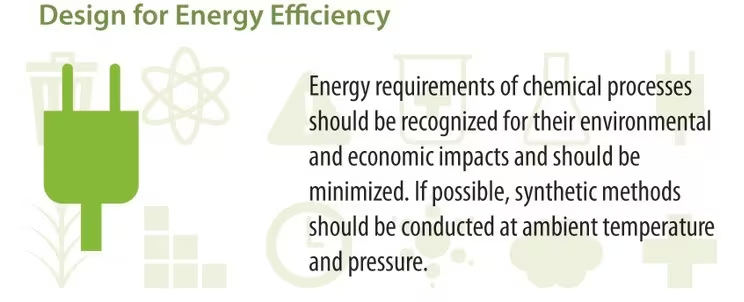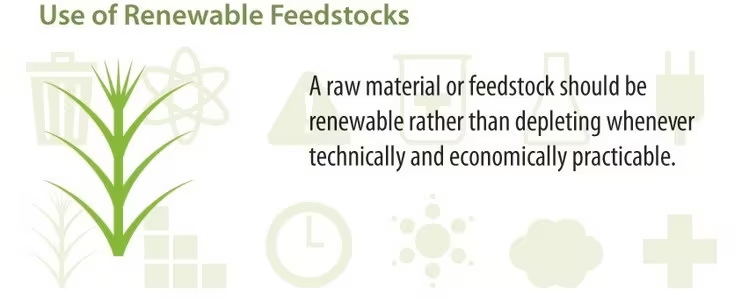ElectroGreen® is a biotechnology alternative to petroleum-based synthetic chemicals created from renewable resources. Merck is dedicated to providing people with Greener Alternative Products that follow one or more of The 12 Principles of Greener Chemistry. This product is eco-friendly, with an emphasis on sustainability.
The ElectroGreen® blends are bio-based (corn/beet-derived) safer alternatives to synthetic fossil-based solvents, with specifications targeted to electronics and energy applications.

Image Credit: Merck KGaA

Image Credit: Merck KGaA
Properties
Source: Merck KGaA
| . |
. |
| Grade |
For electronic purposes |
| Quality level |
200 |
| Vapor pressure |
1.75 mmHg (20 °C) |
| Description |
Evaporation rate: 0.11 |
| Assay |
≥99 % (GC) |
Greener alternative
product characteristics |
Design for Energy Efficiency
Use of Renewable Feedstocks
Learn more about the Principles of Green Chemistry. |
| Impurities |
≤0.2 % Water (Karl Fischer)
≤1 ppm As, Cr, Cd, Cu, Hg, Mn, Ni, Pb, Zn, trace (ICP, each) |
| Evapn. residue |
≤0.05 % |
| Bp |
154 °C (Initial) |
| Density |
0.954 |
Application
The bio-based substitute for Butyl Cellosolve is ideal for cleaning electronics and ink formulations. It is a precise cleaning solution that dries with no film residue. It is extremely easy and inexpensive to distill/recycle, with no toxic chemicals or dangerous air pollutants.
It is 20 % to 30 % more effective than Butyl Cellosolve at reducing viscosity. It is a great solvency for high-loading capacity ink formulations.